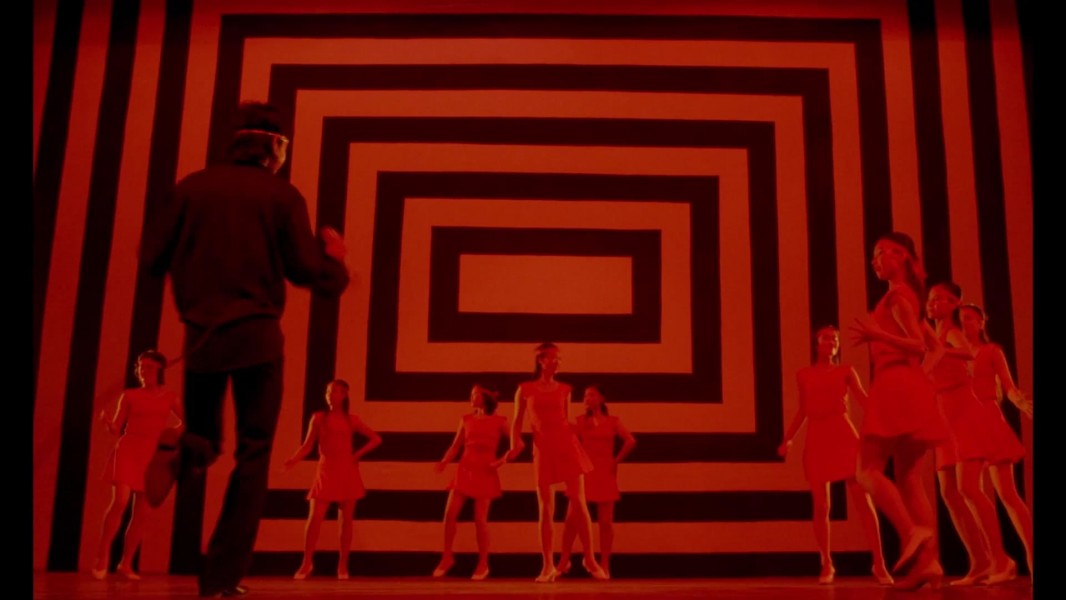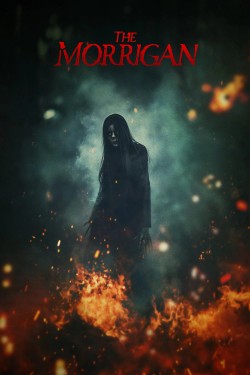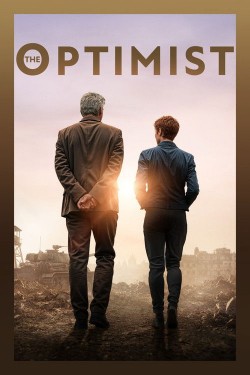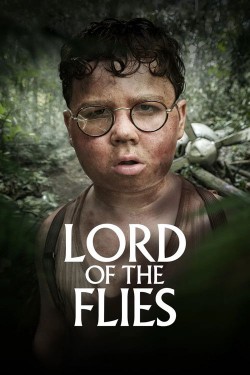HD
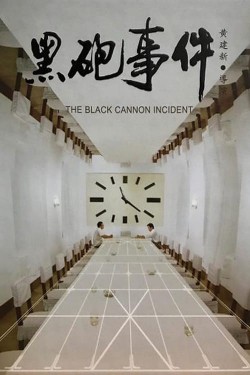
Overview
A key Fifth Generation work released during the second phase of Deng Xiaoping's social and economic reforms, this robust social satire delightfully depicts the clash between the rising class of rapid industrial modernizers and old Party cadres with a serious Cultural Revolution hangover. The film chronicles the Kafkaesque predicament of a bumbling factory translator who is suspected of industrial espionage after sending an innocent telegram that is intercepted by a militant snoop. (The "black cannon" of the title refers to the missing chess piece the hapless hero is trying to locate.) Placed under investigation and reassigned to a less sensitive department but never informed of the reason for his demotion, he petitions to get his job back, sparking an increasingly obtuse and hilarious series of Party meetings, set in a boardroom straight out of German Expressionism.
Casts
Duration
94 min
Country
IMDb
7.4
Release
1985-01-01
Production

